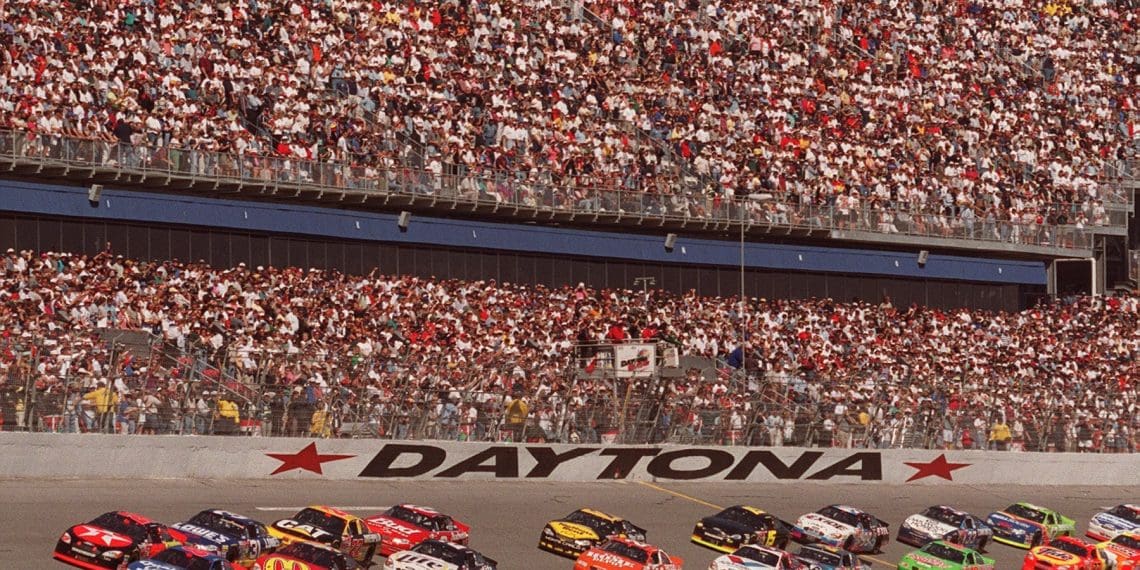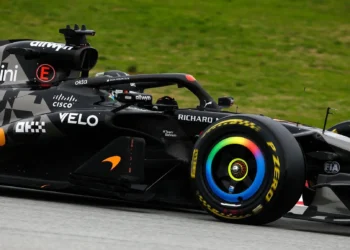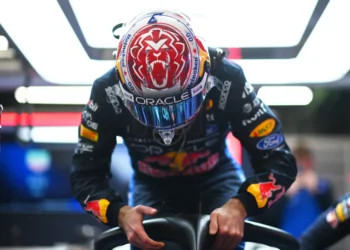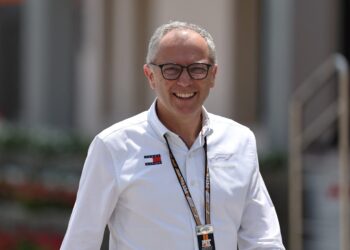Once the pinnacle of NASCAR glory, the Daytona 500 is now teetering on the edge of losing its prestige. Dubbed “The Great American Race,” it once defined careers and etched drivers into the annals of motorsports history. But with the changing landscape of superspeedway racing, some fans and drivers are questioning whether the Daytona 500 is becoming just another NASCAR event.
The fading luster of Daytona’s glory
There was a time when winning the Daytona 500 cemented a driver’s legacy. Names like Richard Petty, Dale Earnhardt, and Jeff Gordon carried the weight of their Daytona victories as badges of honor. Today, that aura seems diminished. The reasons are multifaceted: a shift in NASCAR’s racing format, technological changes, and even alterations to the event’s schedule have all played a role in eroding its significance.
Gone are the days of rigorous practice weeks and strategic qualifying battles. The Clash, a longtime Daytona staple, now takes place on short ovals, stripping the week leading up to the 500 of its traditional buildup. NASCAR’s evolution, combined with declining TV viewership and competition from rival motorsport series, has diluted the Daytona 500’s once-unmatched prestige.
The superspeedway conundrum
One of the biggest culprits behind the race’s diminished charm is the current superspeedway package. NASCAR’s Next Gen cars have fundamentally altered how drivers approach drafting and racing at tracks like Daytona. What was once a skill-intensive endeavor is now plagued by pack racing, fuel-saving strategies, and a lack of overtaking opportunities. For many fans and drivers, the thrill of strategy and raw talent has been replaced by sheer luck and survival.
Veteran driver Kyle Busch captured the frustration perfectly after the 2024 Daytona 500, saying, “I felt disgraceful myself as a race car driver wanting to go fast and lead laps and win the Daytona 500.” His sentiment resonates across the paddock, where drivers feel their ability to control their fate has been stripped away.
The underdog era and its impact
The unpredictability of superspeedway racing has also led to a string of unexpected winners. Since the introduction of the Next Gen cars, drivers like Michael McDowell, Austin Cindric, and Ricky Stenhouse Jr. have clinched Daytona victories—each their only win of the season. While NASCAR has long celebrated underdog triumphs, the lack of follow-through success from these winners underscores a growing sentiment: winning the Daytona 500 no longer guarantees greatness.
In contrast, past champions like Jimmie Johnson, Dale Earnhardt Jr., and Denny Hamlin parlayed their Daytona victories into Hall of Fame-worthy careers. Today’s trend of one-hit wonders risks diluting the significance of the race.
Is speedway racing broken?
The challenges of superspeedway racing extend beyond Daytona. Last year’s fall race at Talladega witnessed the largest “Big One” in NASCAR history, with 28 cars collected in a chaotic wreck. These incidents highlight the razor-thin line between glory and disaster on these tracks, where even the best drivers are at the mercy of circumstances beyond their control.
Three-time Daytona 500 champion Denny Hamlin has been vocal about addressing these issues. In his view, the current rules and car dynamics need drastic overhauls to restore skill and strategy as the defining factors of superspeedway success. “Parity racing is good, but not when it feels like a lottery,” Hamlin remarked.
What’s next for the Great American Race?
NASCAR faces a critical crossroads. While the Daytona 500 continues to draw record crowds and boast the sport’s largest purse, its legacy hinges on restoring its competitive integrity. Fans and drivers alike want to see the race regain its status as the ultimate test of talent, preparation, and strategy.
The upcoming 2025 season may offer an opportunity for change. NASCAR has hinted at tweaking the superspeedway package, and Hamlin’s calls for bold solutions have not gone unnoticed. The hope is that these adjustments will rekindle the magic that made the Daytona 500 the crown jewel of stock car racing.
Until then, the debate rages on: Can NASCAR return the Daytona 500 to its former glory, or has the race permanently shifted from a driver’s dream to a roll of the dice?










